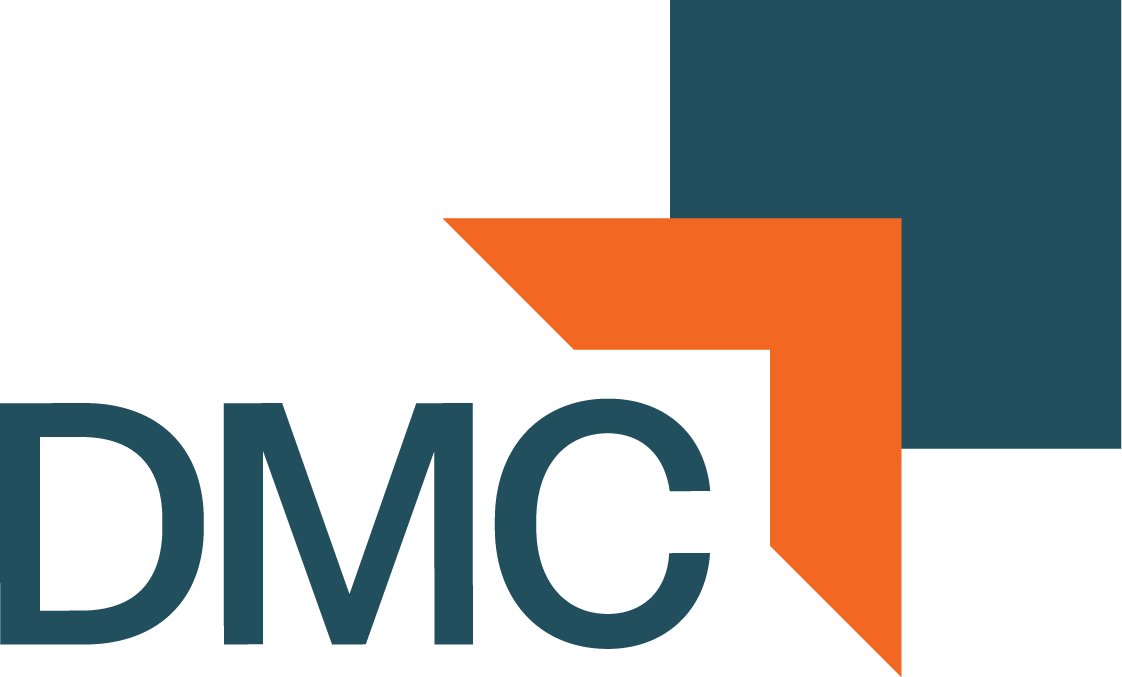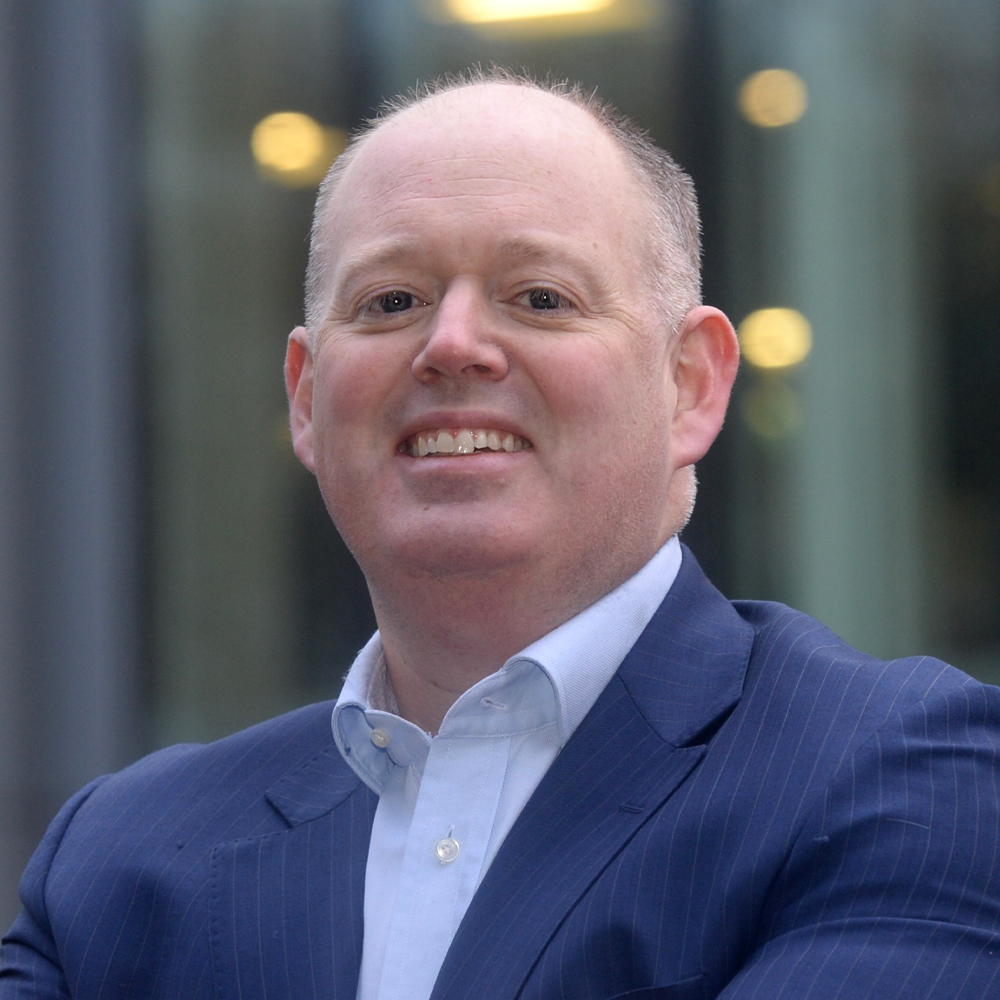As the digital ecosystem expands, the Middle East is at the forefront of transformative changes in data centre operations. In 2025, we anticipate a paradigm shift, driven by innovative technologies and a firm commitment to sustainability. From aggressive PUE (Power Usage Effectiveness) reduction strategies to the integration of renewable energy and AI-driven energy management, these predictions from our CEO and Managing Director, Joe McCaffrey, highlight how the region's data centres are evolving to meet global standards while addressing unique climatic and operational challenges.
Rigorous implementation of PUE reduction strategies: Data centre operators will focus intensely on reducing PUE through strategic investments in technology and design optimisation. With an average current PUE of 1.82 in the Middle East compared to global benchmarks, there is a clear incentive to reach closer to a PUE of 1.5 by adopting efficient technologies and designs that cater specifically to the climatic challenges of the region.
Increased adoption of advanced cooling technologies: The Middle East will see a significant increase in the use of alternative cooling methods such as liquid cooling and hybrid cooling systems to manage the high cooling demands due to the region's extreme temperatures. Done well, liquid cooling could reduce PUE by about 0.1 to 0.2 points, offering significant cost savings, as cooling accounts for 60-70% of a data centre's operational costs.
Expansion of AI-driven energy management: AI and machine learning technologies will become more prevalent for real-time energy management and predictive maintenance. AI-driven systems can optimise power distribution based on actual demand, potentially improving PUE and reducing energy consumption noticeably.
AI and machine learning technologies are revolutionising data centre operations, enhancing efficiency and reducing operational costs. Systems like Google DeepMind leverage machine learning to optimise cooling systems, significantly reducing energy use by predicting environmental changes. Similarly, Schneider Electric's EcoStruxure platform integrates IoT, AI, and machine learning for real-time monitoring and automation, focusing on improving power usage, cooling, and equipment maintenance. IBM's platforms, Tririga and Maximo, further contribute by managing building and asset operations through predictive maintenance and energy optimisation based on IoT sensor data.
Additional innovations include Vertiv's Liebert iCOM Autotuning, which uses machine learning to optimise airflow and temperature, thus enhancing cooling efficiency and prolonging equipment life. ABB’s Ability Smart Sensor technology monitors the health and performance of electrical systems and motors, utilising AI to anticipate failures and optimise maintenance schedules. These AI-driven systems exemplify the advanced technologies deployed to ensure data centres operate more sustainably and cost-effectively, meeting the growing demands of global digital infrastructure.
Greater integration of renewable energy: There will be a concerted effort to integrate solar and other renewable energy sources into data centre operations, aiming for at least 30% renewable energy usage by 2025. Initiatives like the Mohammed bin Rashid Al Maktoum Solar Park are expected to support this shift, helping data centres reduce their reliance on fossil fuels and decrease operational costs.
Development of modular data centres: The modular data centre market will expand, with these units providing a flexible, scalable, and energy-efficient solution suitable for the Middle Eastern climate. Modular designs minimise energy loss and can be rapidly deployed, enhancing the ability to meet growing data demands while maintaining lower PUE levels.

